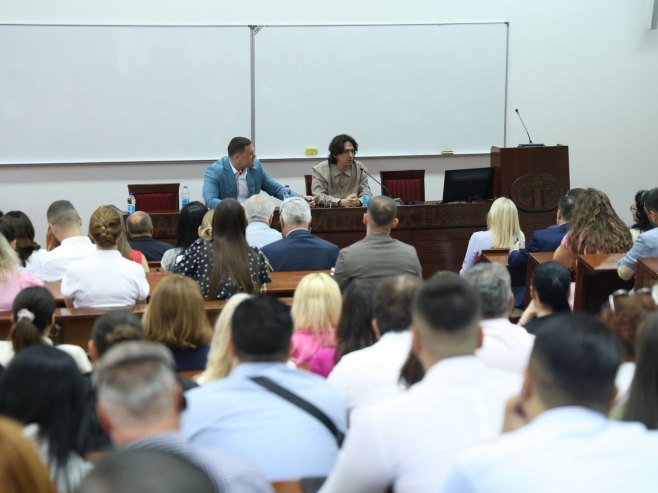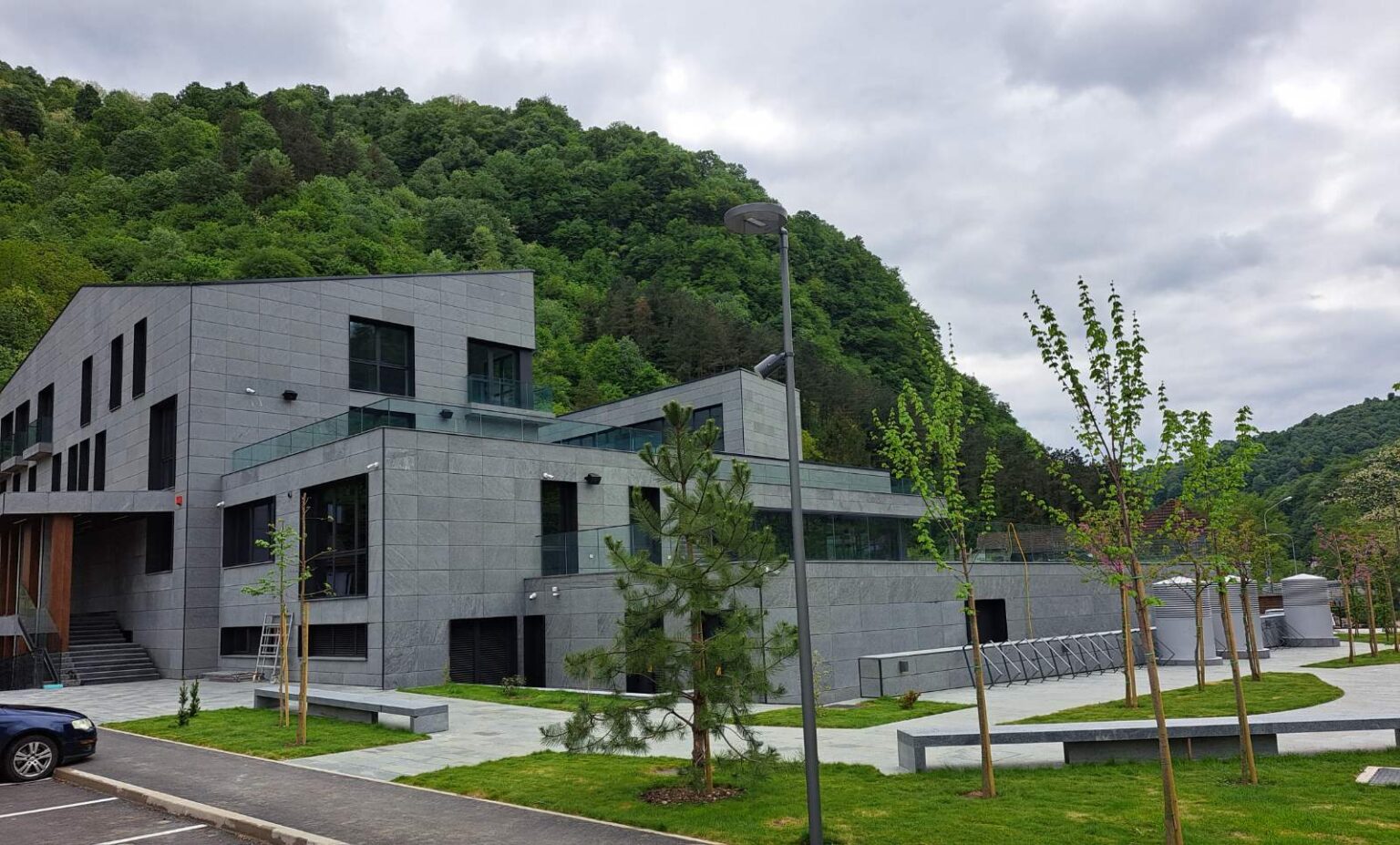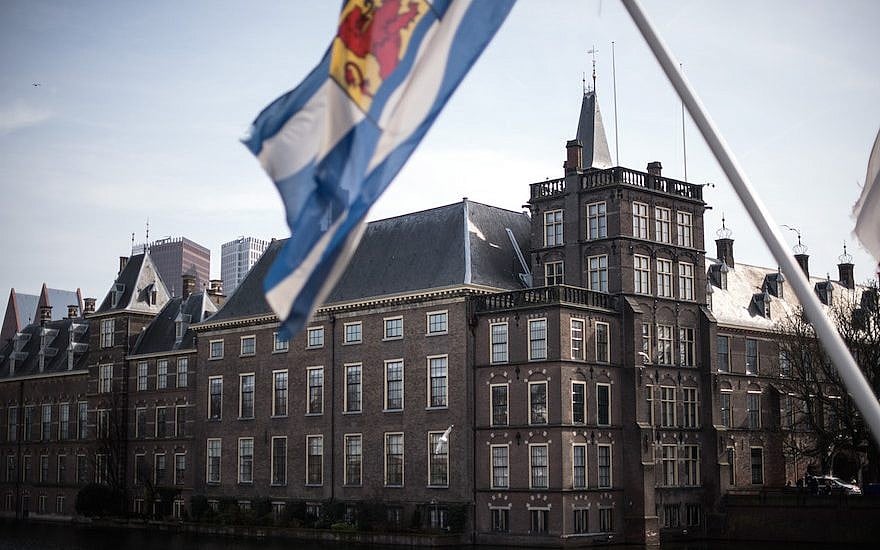One of the most influential American bloggers and writers, Curtis Yarvin—known as the most prominent critic of liberal democracy—delivered a lecture in Banja Luka titled Democracy, Autocracy, and the World Order.
Touching also on the position of Republika Srpska, Yarvin stated that the United States is currently undergoing an internal conflict whose outcome is difficult to predict, as elements of the deep state still exist, and the future of international relations will largely depend on the outcome of that conflict.
There was great interest in the lecture by one of America’s most well-known bloggers, whose ideas are supported by many close associates of President Donald Trump. Among those in attendance was the Serb member and chair of the Presidency, Željka Cvijanović.
Yarvin was welcomed by a full auditorium at the Faculty of Political Science in Banja Luka, where he spoke for over an hour about the crisis facing liberal democracy, international relations, and the current situation within the United States.
Visiting Republika Srpska for the first time, Yarvin noted that he sees a small country determined to remain sovereign. When asked what Republika Srpska can expect from a Trump administration, he said the safest approach is to treat it like the previous one and be grateful if it does anything better than former President Joe Biden’s administration.
“As is well known, in the United States things don’t change immediately after elections, since elements of the deep state remain present. However, there are also new elements that in some ways oppose them,” said Yarvin.
He emphasized that the American system, in many ways, does not believe in independent countries—just as it does not believe in the traditional concept of sovereignty.
“It is therefore important to accept the reality that we live in a world where the most powerful country in the world does not believe in the independence of other nations. The reality is, you must live in that world. It’s a world of elephants, and you are a mouse—stay away from the elephant’s feet, don’t bite the elephant, don’t give it numerous reasons to crush you, and don’t let it do so. That requires good skill and understanding in diplomacy,” Yarvin warned.
The Serb member of the Presidency, Željka Cvijanović, described Yarvin’s presentation as very interesting and inspiring. She said that unlike many foreigners, Yarvin grasped the essence of the problems facing BiH and the region in a very short time.
“This was a wonderful interconnection of many elements into something structured, offering explanations both on the surface and at the deeper level, where we need to understand global relations, connect them with the past, and learn something about how to act going forward,” said Cvijanović.
Dean of the Faculty of Political Science at the University of Banja Luka, Ranka Perić Romić, emphasized that the position of Republika Srpska and BiH is now being understood differently within the U.S. administration.
“The relationships we build with that administration can now be viewed through a deep internal analysis we have not had the opportunity to hear before. It was a great honor for the Banja Luka Faculty of Political Science to host Yarvin, as his lecture added a new dimension—not only for the academic community but also for the political sphere—when it comes to understanding democracy and the influence of power in international relations,” said Perić Romić.
In addition to the chair of the Presidency and numerous students, Yarvin’s lecture was attended by a large number of Republika Srpska officials, public figures, and guests.
Source: RTRS









